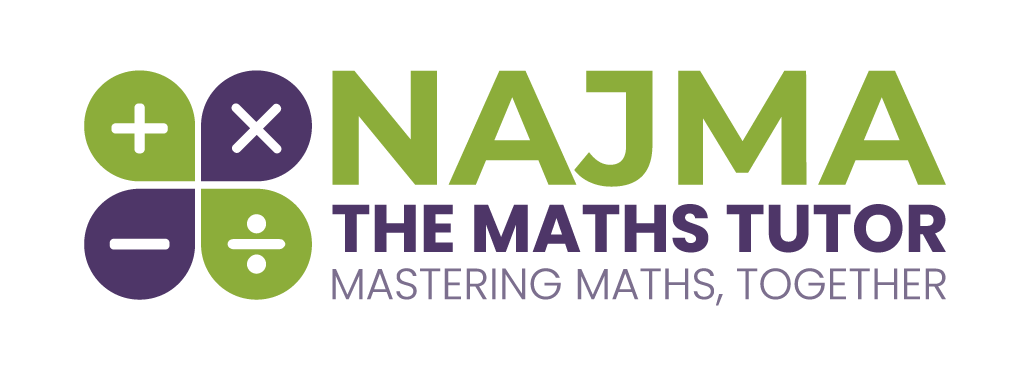
If your child has ever come home frustrated after a maths lesson, you’re not alone. Traditional maths classes are designed to teach large groups of students at the same pace, but not every child learns the same way or at the same speed. As a result, many students struggle to keep up, lose confidence, and feel like they just aren’t “good” at maths. But the problem isn’t them—it’s the system.
Personalised tutoring takes a different approach, focusing on each child’s unique needs and learning style. Here are 7 key reasons why traditional maths classes fail and how personalised support can make all the difference.
The Problems with Traditional Maths Classes
1. Rigid Learning Pace
Traditional maths classes follow a set schedule, which means teachers have to move on to new topics even if some students haven’t fully grasped the previous ones. This creates knowledge gaps that make future learning more difficult.
2. Limited Individual Attention
With 20 or more students in a class, a teacher simply can’t give each child the personal help they might need. If your child is struggling with a topic, they may not get enough time to ask questions and fully understand the concepts before the class moves on.
3. Fear of Asking Questions
Many children feel uncomfortable speaking up in a big classroom, especially if they’re afraid of making mistakes in front of their peers. As a result, they stay quiet, and their misunderstandings build up over time.
4. One-Size-Fits-All Teaching Style
Some children learn best through visual explanations, others through hands-on practice or detailed discussions. Traditional maths classes often don’t allow for these differences, making it harder for some students to stay engaged and understand the material.
5. Pressure to Cover the Curriculum Quickly
Schools have to cover a lot of content in a short time, often focusing on completing the syllabus rather than making sure students truly understand the material. This can lead to students memorising formulas without knowing when or how to use them properly.
6. Lack of Real-World Applications
Many maths lessons focus on theory without connecting concepts to real-life situations. This makes it harder for students to see the relevance of maths, leading to a lack of motivation and interest.
7. Increased Anxiety and Frustration
When students struggle in maths and don’t get the support they need, they often develop maths anxiety. This can lead to frustration, lower confidence, and a long-term dislike for the subject.
📌 If maths anxiety is holding your child back, check out The Science Behind Beating Maths Anxiety.
How Personalised Tutoring Fixes These Problems
✅ Learning at the Right Pace
With one-on-one tutoring, your child can take the time they need to fully understand each topic. There’s no rush to move on before they’re ready.
✅ Focused, One-on-One Attention
Tutoring sessions are all about your child. They can ask as many questions as they need, and lessons are tailored specifically to their strengths and challenges.
✅ A Comfortable Space to Ask Questions
Without the pressure of a big classroom, students feel more confident to speak up and ask for help. This helps them understand topics better and build self-confidence.
✅ A Teaching Style That Works for Your Child
Whether your child learns best through step-by-step explanations, real-world examples, or hands-on practice, tutoring adapts to them—not the other way around.
✅ Building Real Understanding, Not Just Exam Skills
Good tutoring isn’t just about passing tests. It’s about making sure your child truly understands maths, so they feel more confident and prepared for the future.
📖 Next Read: 7 Incredible Benefits of Mathematics Tutoring Every Parent Should Know
How I Can Help
At Najma The Maths Tutor, I focus on:
- Personalised learning that moves at your child’s pace
- Building confidence by making maths less stressful
- Flexible lessons that focus on understanding, not memorisation
- Small group or one-on-one sessions tailored to your child’s needs
If you’re looking for a more effective approach to maths learning, explore how personalised tutoring can help. Feel free to reach out to discuss what might work best for your child.
If your child is preparing for exams, my Easter Revision Bootcamp is a great way to fill in any gaps and strengthen their understanding of key topics.
